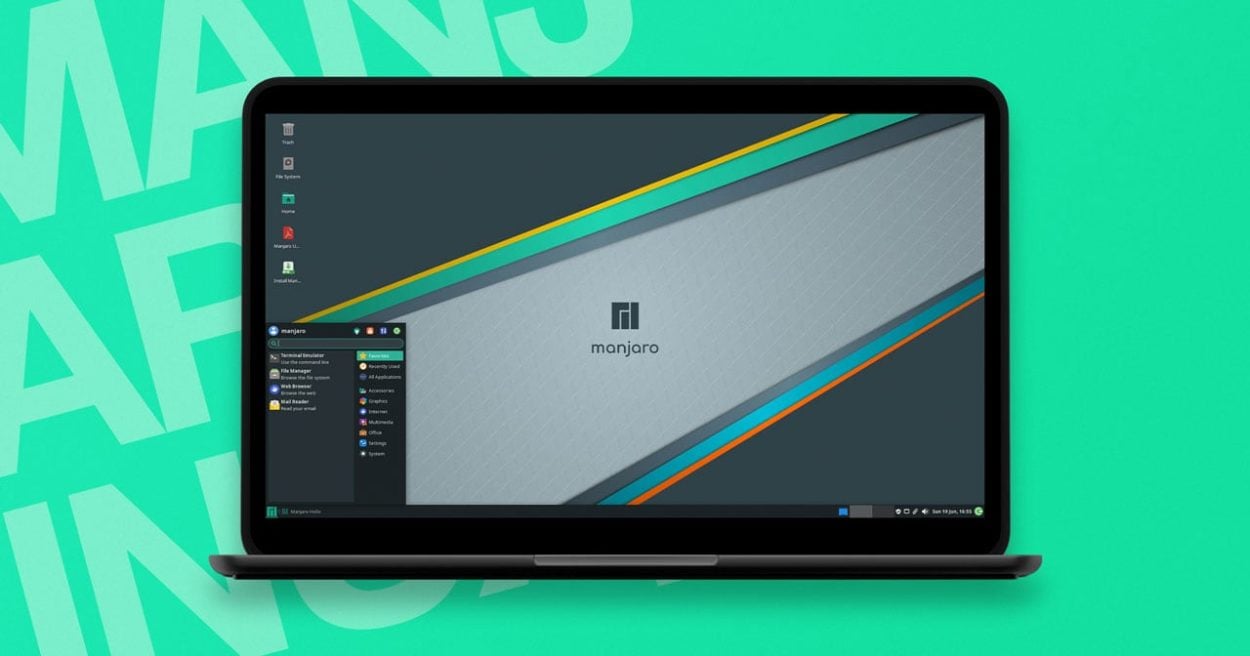this post was submitted on 15 Jun 2023
55 points (95.1% liked)
Linux
50159 readers
1217 users here now
From Wikipedia, the free encyclopedia
Linux is a family of open source Unix-like operating systems based on the Linux kernel, an operating system kernel first released on September 17, 1991 by Linus Torvalds. Linux is typically packaged in a Linux distribution (or distro for short).
Distributions include the Linux kernel and supporting system software and libraries, many of which are provided by the GNU Project. Many Linux distributions use the word "Linux" in their name, but the Free Software Foundation uses the name GNU/Linux to emphasize the importance of GNU software, causing some controversy.
Rules
- Posts must be relevant to operating systems running the Linux kernel. GNU/Linux or otherwise.
- No misinformation
- No NSFW content
- No hate speech, bigotry, etc
Related Communities
Community icon by Alpár-Etele Méder, licensed under CC BY 3.0
founded 5 years ago
MODERATORS
you are viewing a single comment's thread
view the rest of the comments
view the rest of the comments

Sure. When it comes to updates, Manjaro is pretty much doing what every single other distro is doing. Updates that are buggy don't get pushed to the stable branch until they're fixed up, and security updates tend to get pushed through faster than feature updates. The time period that updates get held up by is not a fixed duration, it depends on the specific package and update and can be anywhere between a few days and a few weeks.
As a concrete example, with some major Plasma updates Manjaro has waited for three or even four point releases (4 / 8 weeks) before considering it stable enough vs the newest point release of the previous major release, and following point releases after that get pushed to stable much faster.
As another point, even Arch has a very similar process... Their policy on pushing updates is far more geared towards pushing updates quickly than towards not breaking things, but otherwise it's pretty much the same.
Idk about a source on this stuff though. There's stuff like https://wiki.manjaro.org/index.php/Switching_Branches but I don't know anything better.